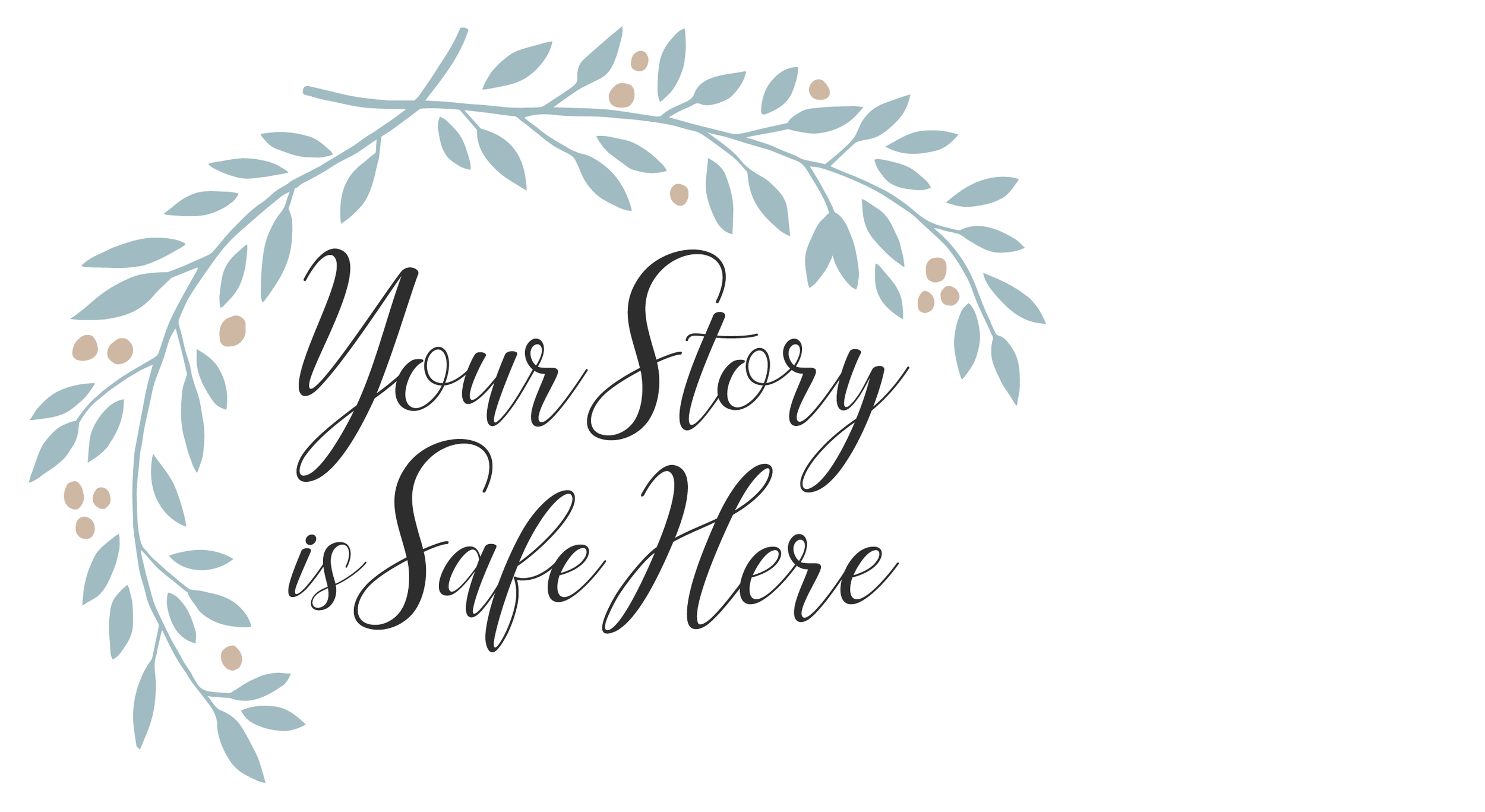Who “Can’t Handle the Truth?”
If we tell the truth we discover about the man we married/partnered with—how he treated us with or without our knowledge and the abusive and destructive impact of it all upon our lives—we might be surprised to find ourselves accused of being vengeful or spiteful.
Friends, colleagues, family and members of our spiritual communities don’t want the inner conflict that our truth generates about the person we loved and they also may love, respect, trust, admire and enjoy. So, the power of that truth to make people uncomfortable or suggest there is any issue of justice or right treatment here needing their consideration is turned back against us to isolate, criticize, and shame us for telling it.
Of course, it’s been an especially abusive experience when treatment practitioners do the same thing and multiply the traumatic impact we endure. Being safe, the most basic piece of any trauma informed care model and the first piece of Dr. Judith Herman’s ground-breaking model for treating trauma, is no longer there.
We may learn the hard way that talking about the truth to an industry practitioner has both a shelf life and a prescribed vocabulary that can diminish the truth and even dismiss it. I can’t think of one thing about the treatment model that doesn’t have a fundamental operating principle that his interests come before yours. You may think you are their client, too, but you may not be the one they are going to protect first.
With all that in mind I’ve been considering a treatment practitioner’s rather odd inclusion on their ‘ten things a wife or partner should do’ list. But before sharing that, I want to point out that we taught them well where their training didn’t. However, it took about A DECADE for this one to include the things we had on our lists all those years ago—like “Get tested for STD’s/STI’s.”
Yes, can you believe that? And when we advocated for it, we were usually told we were those bitter, angry women (and probably spiteful—more on that later.) They never used to bother to make the danger of STD’s/STI’s any kind of public priority to address for wives and partners. Maybe it was too much of an acknowledgement that the man called a sex addict physically harmed or took any real risk of harm with her life at all, which of course he did! That’s why we use the abuse word—the word they like to avoid.
But in amongst things that are in our best interest on that recently published list, we get a whiff of the ongoing contempt this practitioner has towards women. It sounds like this one hasn’t “moved forward” with how the female market of wives and partners is increasingly better prepared and informed about their “best interests.” It’s like it was killing that practitioner to write that list without getting some lingering nasty shot in about wives and partners. So, the writer slips in a patronizing wagging finger and without any justification for this being a real likelihood, cautions wives and partners not to become “spiteful.”
Yes, spiteful. This is a priority for the practitioner and must go on the ‘ten things’ list. So, it becomes a priority for me, too. Let’s take a closer look.
The word “spiteful” is a bit of an antique subjective adjective that is marked semantically “+ female.” (How often have you heard it applied to a man?) It’s another unfortunate truth that subjective adjectives (not objectively measurable ones) are more often applied to women than men. And so it is here on the practitioner’s ‘ten things’ list. Still wondering what I’m getting at? Here’s a link to one research project on this linguistic discriminatory practice that indicates gender bias (in this case negative gender bias): https://hbr.org/2018/05/the-different-words-we-use-to-describe-male-and-female-leaders As someone whose first Master’s degree is in linguistics, I have some background in this kind of thing, so I pay attention to how the industry chooses and uses its words (including the ones it never uses like “publishable research” and “statistically significant results.”)
I’ve also been remembering specific clients who talked about being accused of seeking vengeance by practitioners, their abuser, friends, faith communities and family in their quest to know the truth of their lives and tell the truth of their lives.
A slop-pail of lies served up to wives and partners of men called sex addicts in their marriages (followed by intense gaslighting and criticism should a woman question those lies) can leave some women immobilized and silenced. Industry practitioners dropping their nasty little suggestions using subjective adjectives as cautionary tales to further inhibit women from even trying to speak their truth are often on the same abusive page as the man called a sex addict. Sometimes that’s because they are one, too, and aren’t really finished gaslighting victims. Is that the case here? I don’t know. Maybe it’s just your basic run-of-the-mill socialized misogyny.
So, how do others handle the truth when you tell it?
If you are in the midst a confusing and aggressive gaslighting experience with someone and when you still hold to truth their “concern” turns into something more like “No wonder your husband didn’t want to have sex with a bitch like you,” you’re with someone who can’t handle the truth.
On the other hand, you are courageous, righteous, and truthful. Another heroine of her own life unfolding to inspire others.
And that other person—a little…hmmm…spiteful, don’t you think?
Your story is safe here.
With you,
Diane.
